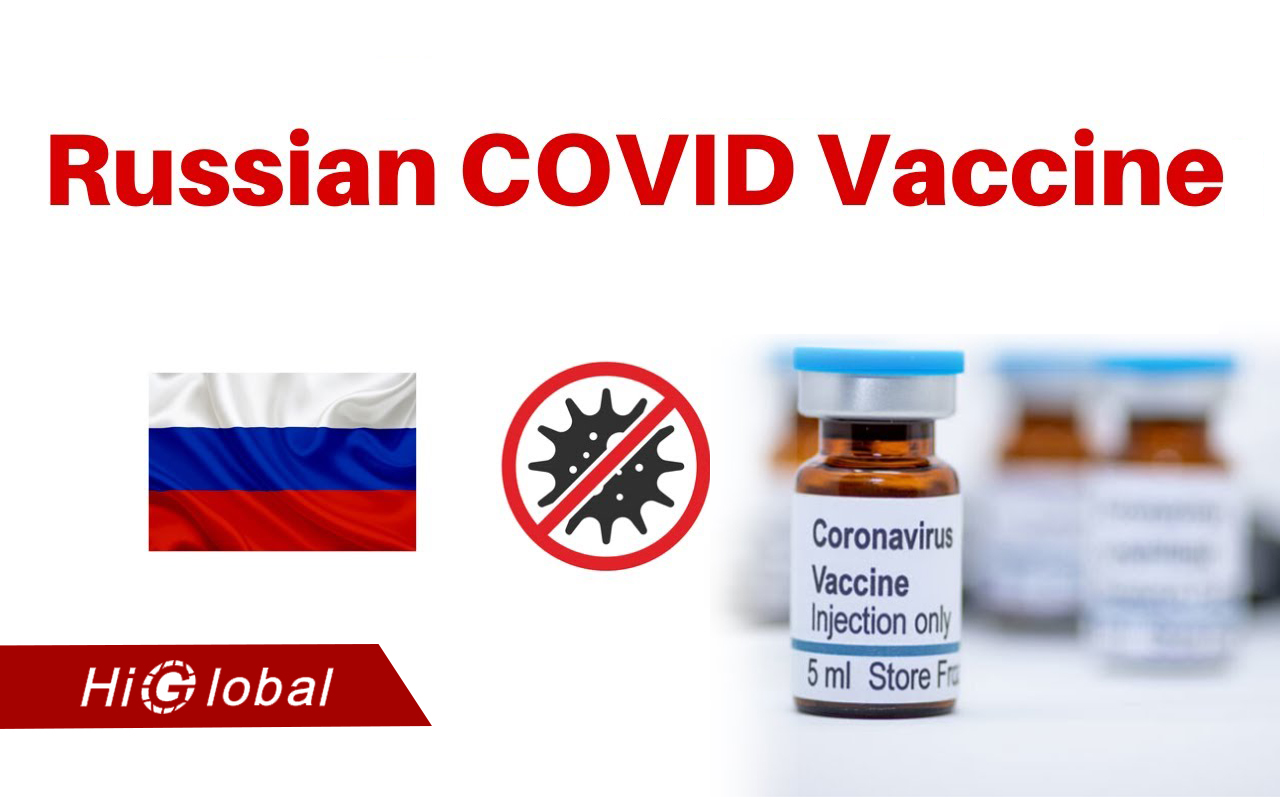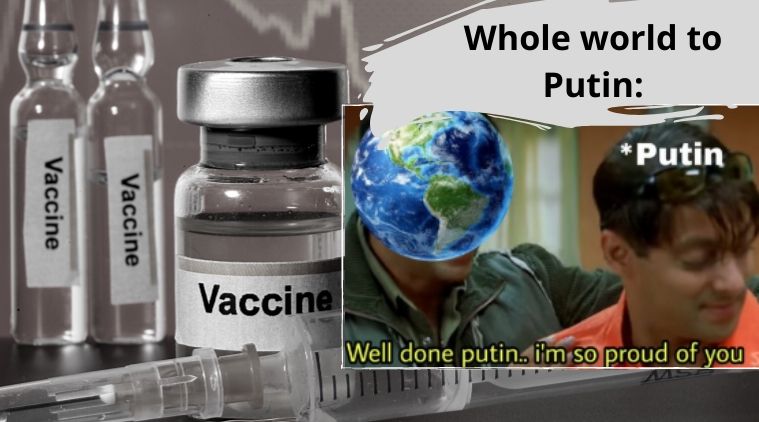
World first: Russia approves coronavirus vaccine before completing tests
“A vaccine against coronavirus has been registered for the first time in the world this morning,” Putin said on state TV. “I know that it works quite effectively, it forms a stable immunity.”
“We’ve seen considerable interest in the Russian vaccine developed by the Gamaleya Institute. Moreover, we have received preliminary applications for over 1 billion doses of the vaccine from 20 countries,” he said on Aug 11th.

What do we know about the vaccine?
Russian President Vladimir Putin announced the approval of a coronavirus vaccine for use on Aug 11th, claiming it as a “world first,” amid continued concern and unanswered questions over its safety and effectiveness.
Developed by the Moscow-based Gamaleya Institute, the vaccine has been named Sputnik-V, a reference to the surprise 1957 launch of the world’s first satellite by the Soviet Union. It has yet to go through crucial Phase 3 trials, and it would be administered to thousands of people.
The vaccine would be administered in two shots, 21 days apart. Both shots contain modified adenoviruses, which would ordinarily cause a common cold. Both have been given the gene for the spike protein from the coronavirus SARS-CoV-2. This protein allows the virus to enter human cells. In theory, this should prime the immune system for an encounter with the actual coronavirus.
Known as a viral vector, this is a fairly standard approach to a vaccine, and other groups are pursuing similar methods.
Russia’s vaccine data has not been verified
Russia is fast-tracking its Covid-19 vaccine at an extraordinary pace. It began the first clinical trials on 17 June, months after teams in China, the US, and Europe.
The Russian researchers have preregistered phase I and phase II trials, these trials were completed in early August. It shows that there were no adverse effects and that the vaccine triggered the desired immune response. But no detailed results have been released. It also claims that a phase III trial will commence today in a number of countries including Brazil, Mexico, Saudi Arabia, and the UAE.
Unlike other groups, the Gamaleya Institute in Moscow has not released any safety or immunity data from its studies. This makes it impossible for independent scientists to make an assessment.
In other words, the vaccine hasn’t been through the full gamut of tests. Without the data from phase I and II, we don’t know how safe it is. And without phase III, we don’t know if it works.



